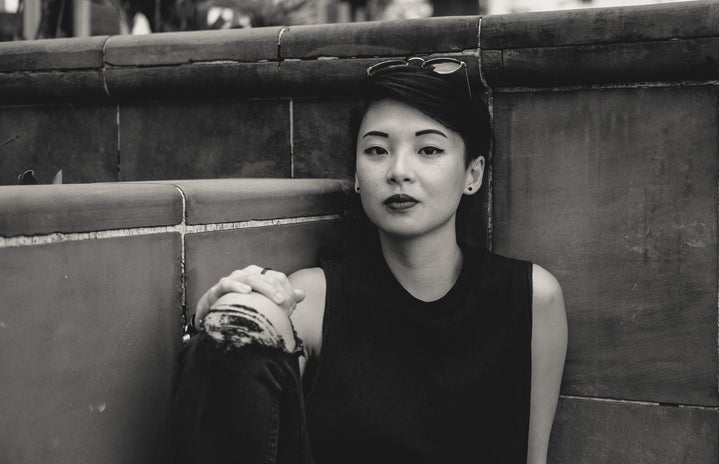Growing up in Los Angeles, I saw Asian women with White men all the time. I noticed the trend and assumed it was a normal aspect of Los Angeles life. However, the older I got, the more I realized it wasn’t always normal. Over time, I educated myself on the slippery slope of fetishizing anyone from the same or another race.
- Fetishization Leads to Violence
-
Fetishization can reinforce harmful stereotypes about groups of people and can be used as an excuse for harm.
The recent Atlanta spa shootings are a perfect example of what can come from fetishizing Asian women. Robert Aaron Long, the 21-year-old white gunman, killed eight people at various Atlanta spas. Of those eight, six were Asian women.
When asked why he killed them, Long said he had a “sex addiction” and that the spas were a “temptation he wanted to eliminate.” Long represents a history of white men who fetishize Asian women and lash out when they do not receive the reciprocation they believe they are entitled to.
- Fetishization Relies on Harmful Stereotypes
-
The fetishization of Asian women goes as far back as the 1800s. US-led wars in Asia led to the emergence of films and art inspired by imperialist stories of victory. This media hypersexualized Asian women and stereotyped them as docile and vulnerable. Such stereotypes imply that Asian women are constantly sexually available to white men and without complaint.
- Asian Women Are Not Prizes
-
More often than not, when someone wants to be with an Asian woman, it’s because they want to see what it’s like. This paints Asian women as a one-time prize to acquire. It also further pushes the narrative that Asian women are a special sexual experience as opposed to just normal people. Asian women, or any women for that matter, are not trophies to show off.
While I am not a part of the AAPI community, I have taken the responsibility to educate myself on these topics because it’s not their job to do so. People are tired of explaining to others why it’s not okay to engage in certain harmful behaviors. It’s important to do our own research and continuously check our behavior to make sure that we aren’t part of the problem.
Be slow to talk and quick to listen when friends from the AAPI community share their hardships.



